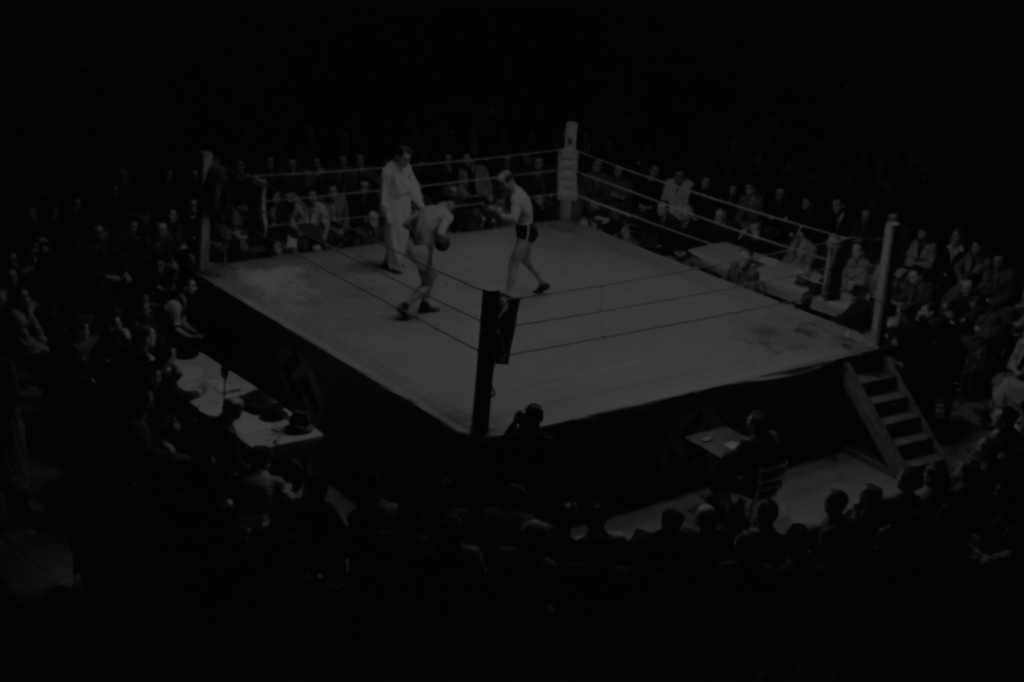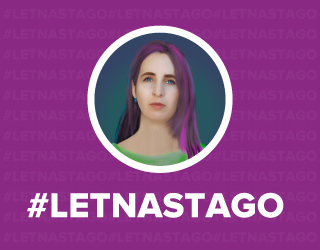During the analysed period of Russia’s war against Ukraine, under various circumstances, at least 8 Ukrainian athletes lost their lives. These athletes include Oleksandr Dykyi, Mykola Yaremchuk, Oleksandr Khmil, Bohdan Khodakovsky, Mykola Zhidkov, Igor Osmak, Viacheslav Savytskyi, and Kyrylo Molokov.

In early May 2022, Ukraine launched the “Yanholy sportu” website, which provides information about athletes and coaches who lost their lives in the war. As of the time of this analysis, the website contains information about 254 individuals from the sports industry who have lost their lives since the full- scale invasion began. On International Day of Sport, April 6, 2023, an event called “Yanholy sportu: rik pamiati” was held in Kyiv to honour the memory of the deceased athletes.
President of Ukraine Volodymyr Zelensky supported the initiative of footballers Andriy Shevchenko and Oleksandr Zinchenko to organise a charity match at Stamford Bridge in London. The goal of the match is to raise funds for the reconstruction of the Kotsiubynsky Lyceum in the Chernihiv region.
In the section “What’s Wrong with Human Rights in Belarus?”, we have provided examples of restrictions on the participation of Belarusian athletes in international competitions.
Additionally, in May, the “Athletes for Peace and Freedom” conference took place in Tallinn, which became an “unprecedented international sports platform, providing a forum for professional sport representatives to convene and deliberate on how athletes and modern sports can leverage their potential to promote the ideals of peace and freedom.” The conference also discussed the place of Russian and Belarusian sports on the international stage. As part of the conference, a declaration was adopted, which, among other things, states that:
- The IOC should take “comprehensive measures” to prevent the “use of sport for the propaganda of war and war crimes;”
- Russian and Belarusian athletes should sign anti-war documents and should not use funding from their governments;
- Russian and Belarusian athletes affiliated with the military cannot participate in competitions, and those who have been cleared to compete can do so in a neutral status;
- The IOC should recognize the situation in Ukraine as a “war,” not a “conflict.”

The quote, “There is no such concept as ‘refugees’”, was made by Vyacheslav Fetisov, a former Soviet and Russian ice hockey player who is now a deputy in the State Duma (Parliament) of Russia. In mid-June, there was information about the IOC’s decision regarding the criteria for allowing Russian athletes to participate in the 2024 Olympic Games. The basis for this decision is the formation of a team of refugees, which means that Russian athletes will be able to compete under a neutral status. Athletes themselves must submit their applications without the involvement of National Olympic Committees (NOCs). Once the applications are approved by the IOC, these athletes must renounce participation in national competitions and cease receiving support from Russian sports organisations. Special equipment will also be developed for neutral athletes. In response to this news, Fetisov added: “Who are they [the refugees]? Why do they have the right to participate today not based on sports principles but simply based on some definition? Here, in this sense, the rights of sports are being nullified.” However, it’s important to note that the 2024 Olympics will be the third Olympics in which the Refugee Olympic Team will participate. This unique project demonstrates the IOC’s commitment to supporting refugees in sports at both elite and grassroots levels. The project’s goal is not only to help refugee athletes train to qualify for the Olympics but also to continue their sports careers and build their futures. These athletes also serve as a symbol of hope for refugees worldwide, showing that much can be achieved through sports.
Officials from Belarus and Russia consistently assert that they find any form of participation by their athletes in international competitions other than under their national flags and anthems unacceptable. Any efforts made by representatives of international sports organisations to find compromise solutions for athlete participation in sport events are criticised by the authorities in Belarus and Russia.
The IOC cannot provide conditions for ending military actions, but it does possess the necessary functionality to establish specific and transparent criteria for the participation of athletes from Belarus and Russia in competitions. Non-compliance with these criteria would exclude athletes from participating in the events. Active cooperation by the IOC with both international federations and civil society representatives will help the organisation provide an objective assessment of the actions/status of participants seeking to compete in the 2024 Olympics, a major global sporting event.
Read the full analysis on sports and human rights for April-June 2023 on our website

